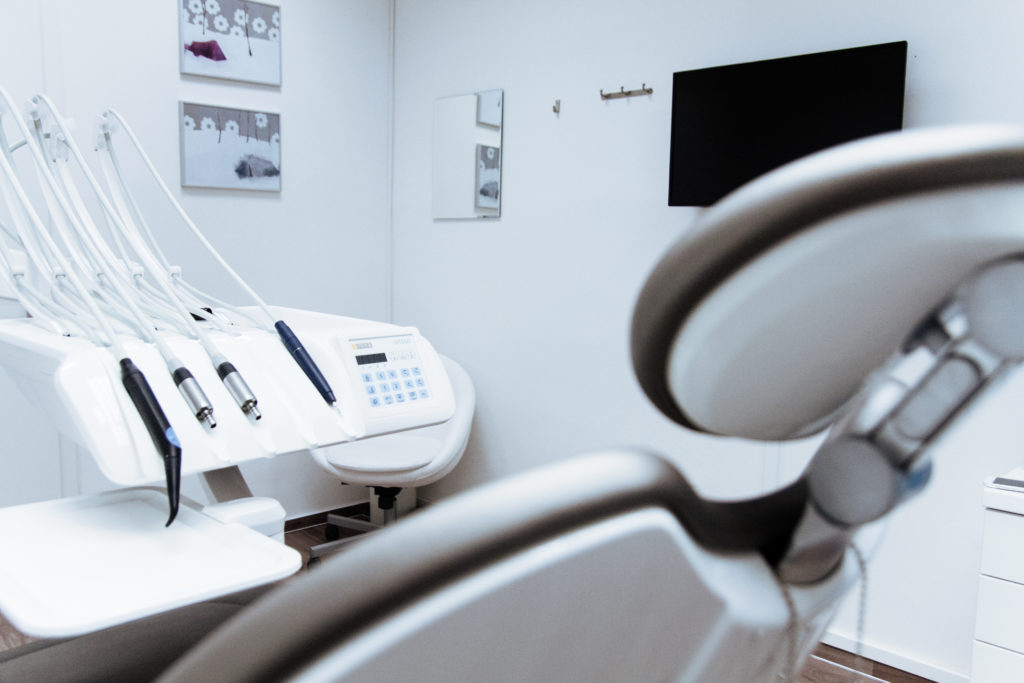Christianson PLLP is on a mission to ensure all employers of small businesses are aware of a recent change regarding Health Reimbursement Arrangements (HRA).
What has Changed?
As part of the Affordable Care Act (ACA), employers were no longer allowed to have a stand-alone HRA (outside of a group plan) or they would be subject to a $100/day/employee penalty. In December 2016, a bill was passed that included a provision that would exempt small employer HRAs from the ACA’s group plan rules. Now, relief is provided to small employers for plan years beginning on or after January 1, 2017. Eligible employers that do not offer group health insurance coverage to any of their employees can offer a qualified small employer health reimbursement arrangement (QSEHRA). This is similar to a regular HRA, but must meet other requirements. A QSEHRA is generally not treated as a group health plan–meaning the penalties don’t apply to an employer providing such a plan.

Who is Eligible?
An eligible small employer is one with fewer than 50 employees. When making this determination, all related businesses treated as a single employer, such as controlled groups, are treated as one employer. Generally, the employer must offer the QSEHRA to each eligible employee—broadly defined as any employee of the employer.
The employer can elect to exclude the following: employees who have not completed 90 days of service, employees under age 25, part-time or seasonal employees, employees covered by a collective bargaining agreement, and nonresident alien employees with no U.S. source income. A QSEHRA must be provided on the same terms to each eligible employee. This requirement is met if the only difference in amounts paid or reimbursed is based on the variation in the price of an insurance policy in the relevant individual health insurance market caused by the age of the employee or family members or number of family members covered under the policy.
What is the Process?
A QESHRA must be provided on the same terms to all eligible employees and funded entirely by the employer. No salary reduction contributions are allowed. Payments and reimbursements from the arrangement are limited to $4,950 per year or $10,000 if the QSEHRA provides for payments for expenses for family coverage. Payments and reimbursements can be made from the QSEHRA to the employee for medical care expenses incurred by the employee or the employee’s family members. Employees must furnish proof of insurance coverage before reimbursements are made. Unlike a regular HRA, premiums for individual health insurance policies, as well as other medical expenses such as deductibles and copays, can be paid by a QSEHRA. Amounts paid from a QSEHRA generally are not taxable to the employee. However, payments provided when an individual does not have minimum essential coverage (MEC) are included in the employee’s income.
What is Required of the Employer?
An employer funding a QSEHRA generally must provide a written notice to each eligible employee no later than 90 days before the beginning of the year (or date the employee is first eligible to participate) that states the amount that will be available for reimbursement or payment to the employee for the year. The notice must remind the employee that any benefits available under a QSEHRA must be disclosed to the health insurance marketplace if the employee applies for coverage through the marketplace and requests advance payment of the premium tax credit. The notice must also include a statement that if the employee doesn’t have MEC for any month, they may be subject to tax and that payments made under the arrangement may be includible in gross income.
Caution: Amounts paid or reimbursed for individual insurance policy premiums by a QSEHRA will affect an individual’s eligibility for, and amount of, premium tax credit. The IRS has provided transition relief for employers to furnish the initial written notice until the IRS has issued guidance. Employers that do not provide the proper notice to employees are subject to a penalty of $50 per employee. The total penalty cannot exceed $2,500 per year. Amounts paid under a QSEHRA must be reported on Form W-2 in box 12, using code FF.
For more information or to meet with one of our experts, go to the Contact Us page here.







